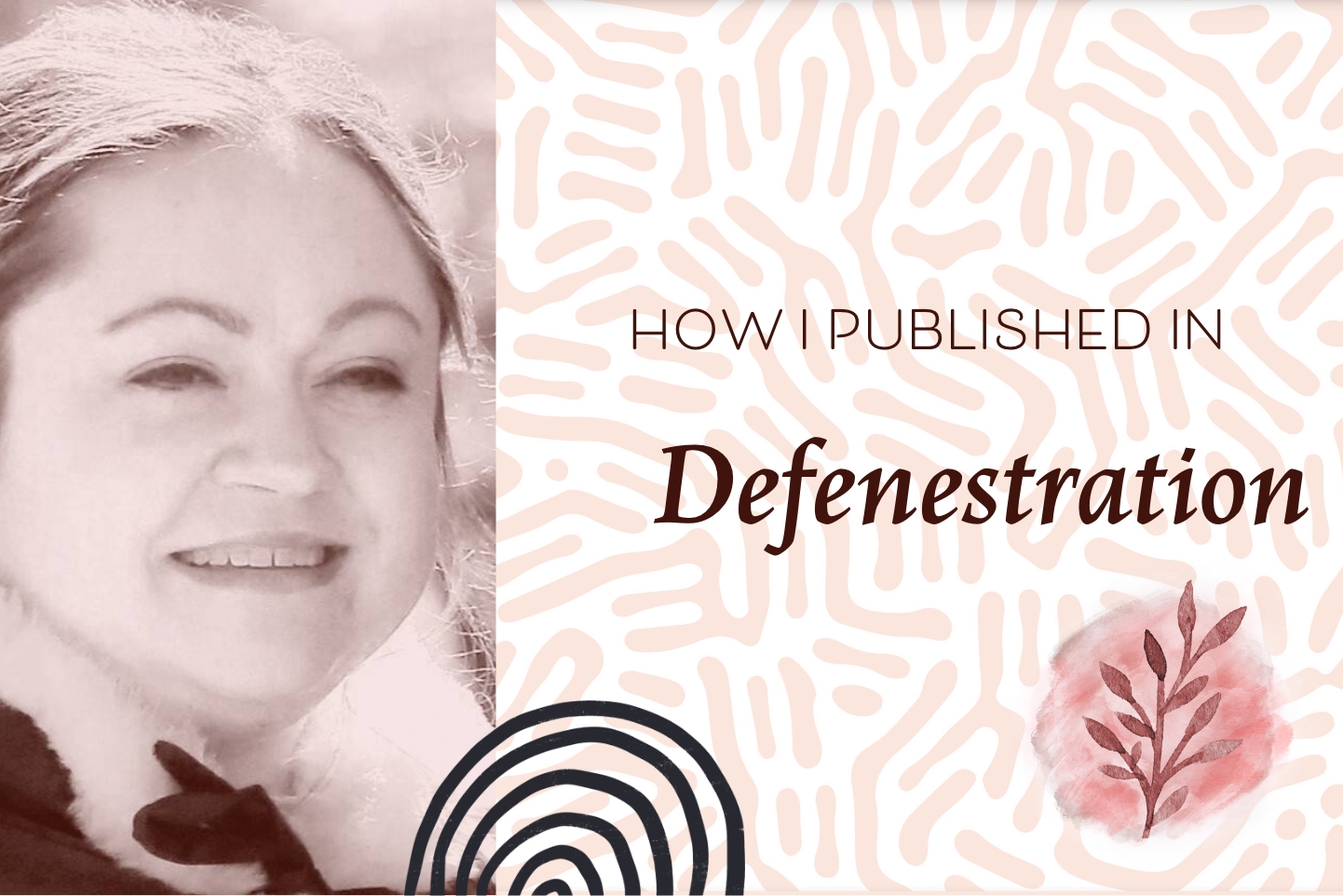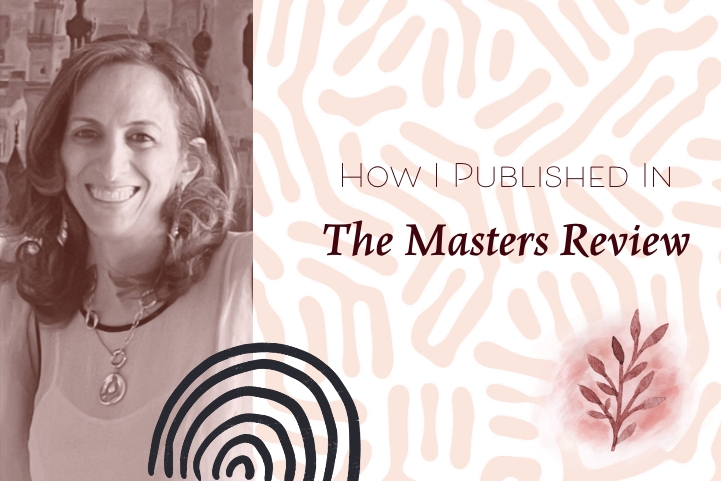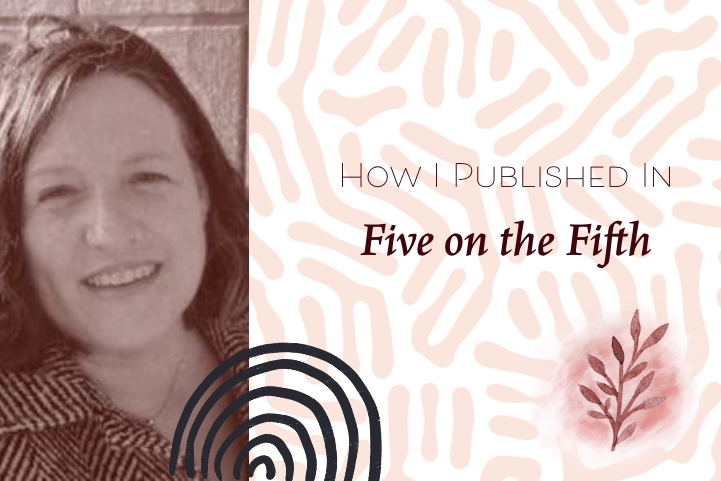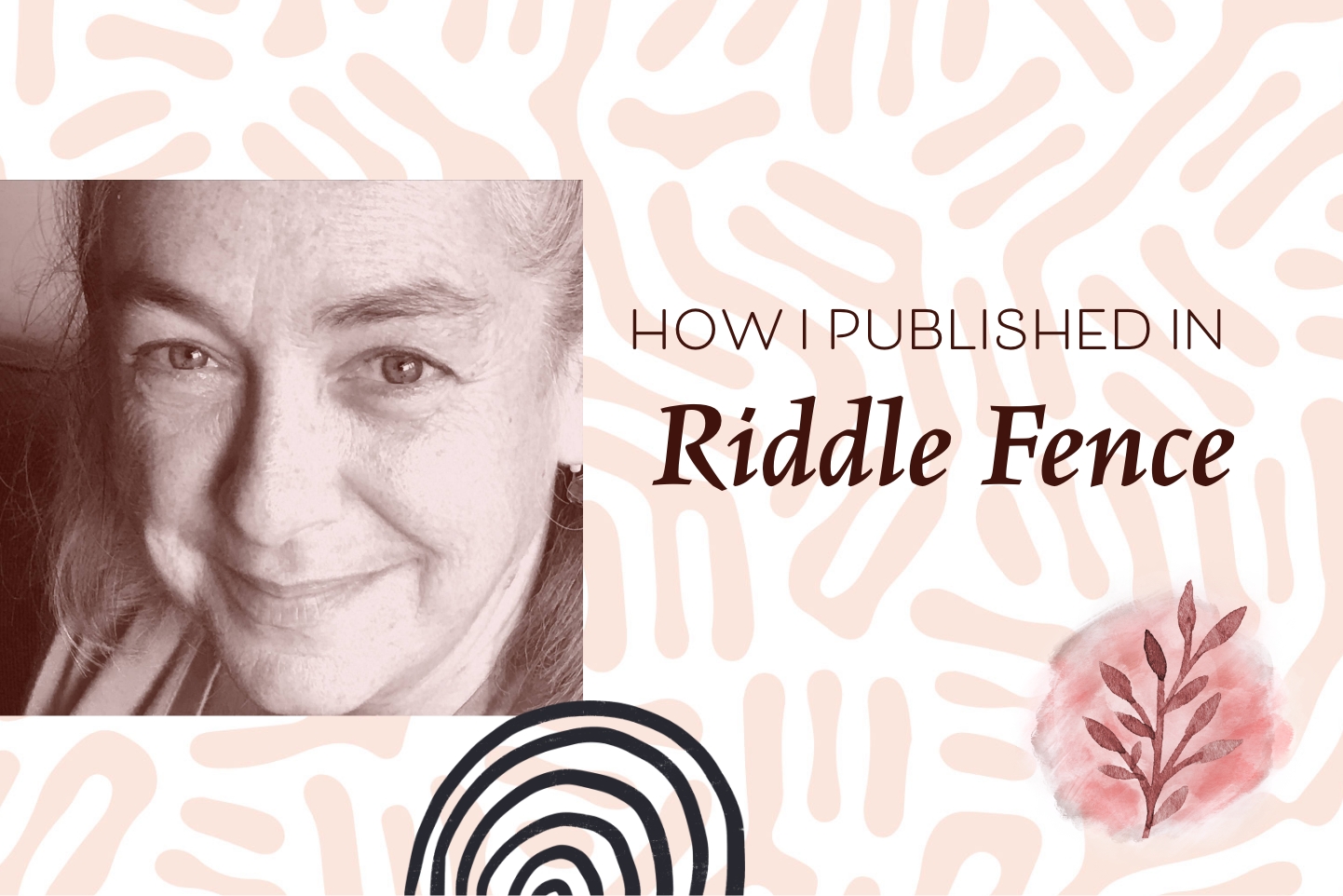By Agata Antonow
My story was somewhat literary and also funny, and I realized pretty quickly that was something of a niche focus. As I had been working on writing and editing “The Family Company,” I had been thinking of submitting to Taddle Creek, which I had read and liked, but I noticed a note on their website saying they were not accepting submissions. By the time the story was ready to send out, I was saddened to see that Taddle Creek had folded.
I couldn’t think of any other magazines that accepted humour fiction with a somewhat literary bent, so I turned to good old Google. I created a list of possible publications and started reading. Defenestration quickly stood out because I found myself laughing out loud as I read the stories on their site. They also listed Bigfoot on their masthead. How could I resist that?
I sent off my piece and a few weeks later got a note saying my piece was being considered. This was new for me. I hadn’t had that sort of heads up before. Defenestration let me know exactly when they would make a final decision (April 8) and sure enough, on that day I got my official acceptance. I appreciated the clear communication and the fact that the story was published just a few weeks after acceptance. I was also excited that the first place I submitted this story picked it up!
This piece sprang from seeing companies using double-speak in some unintentionally hilarious ways. For example, in the past few months, I found out a certain company uses enslaved labour overseas to produce their products. Obviously, I wanted to avoid using their products, so I started to research more about them. When I saw their “company values’’—which focused on how much they care about people, I laughed sort of nervously at my computer.
Was this company for real? Did they not see the disconnect between what they claimed to believe in and what they did in the world? I dug a little further and found many other examples of companies publicly talking the good talk but acting in such toxic ways that it was uncomfortable.
One day, an image popped into my mind: a Zoom meeting where a group of employees were chanting their values about how wonderful capitalism was, but all the while they had Satan as a client. And one worker was starting to see through the façade.
It was tricky to write. I wanted the story to be fun and not too “preachy,” and the ending was especially tough. What could happen if a company was so hypocritical that they preached love and being a family while working with Satan to rehabilitate his image? What would Lucifer do?
The story languished on my hard drive for a few months as I tried to figure this out. I wondered if the ending was too weak. I wasn’t sure about the main character. I worried it was too mean—lots of groups use the word “love” and sometimes they even mean it. Was I just being a huge grump?
A fellow writer in the Writerly Love Community, Nikki, and I exchanged pieces. I sent her “The Family Company.” Her encouragement and feedback let me see the piece in a new way and almost immediately I dove back in and started editing.
Over the past few years in general and with this story specifically, I have found I tend to be the one getting in my own way the most. I sometimes get tangled up in questions that ultimately aren’t very useful—questions about what is good enough and what I “should” be doing with my writing.
Ultimately, writing an irreverent story about capitalism was really fun and I found I didn’t have to stress about publication. I could literally find a publication I liked, hit “send,” and wait. No stress, tons of worry, or excess chocolate consumption needed.
I have been trying to separate myself from the emotions of it and just allowing it to be. It’s a part of the process and it doesn’t reflect on who I am or how I write. Actually seeing that way is still a work in progress. I haven’t been able to take away the sting entirely.
A few years ago, when I still lived in Montreal, I joined a local writing group and started writing a lot and taking workshops. That got me into creating work and building my skills again, after just journaling and writing for myself for years.
In the past two years or so, I started slowly sending pieces out, though it was often a sort of scattershot approach—I’d send out a few pieces, get some rejections, go lick my wounds, and then slowly build my confidence up for months before submitting again. I was lucky enough to land some pieces that way.
I had an essay published in Our Times and I entered and won first prize in the Writers’ Federation of New Brunswick short story contest. That put some wind in my sails, so when I heard about the Writerly Love Community, I wondered what might happen if I started taking writing more seriously. It took me a while to sign up. (As “The Family Company” shows, I have some suspicion about the word “love.”)
But since I have joined, I have taken part in several events and all the workshops I could. I’m finally submitting regularly, and I have two stories forthcoming from my efforts. The Gravity of the Thing is publishing a short fiction piece of mine in the fall of this year and this summer one of my essays is appearing in the FOLD (Festival of Literary Diversity) program. I’m very excited about both, but honestly what has been best is just to be thinking about writing and working on it consistently.
Agata is a writer living and working in New Brunswick, Canada. Her work has been featured in the Mile End Poets’ Festival in Montreal, Defenestration, and in Our Times. Her most recent work is forthcoming in The Gravity of the Thing and the FOLD (Festival of Literary Diversity) program. Her short story “Nightcrawlers” won first prize in the Writers’ Federation of New Brunswick 2021 Douglas Kyle Memorial.





